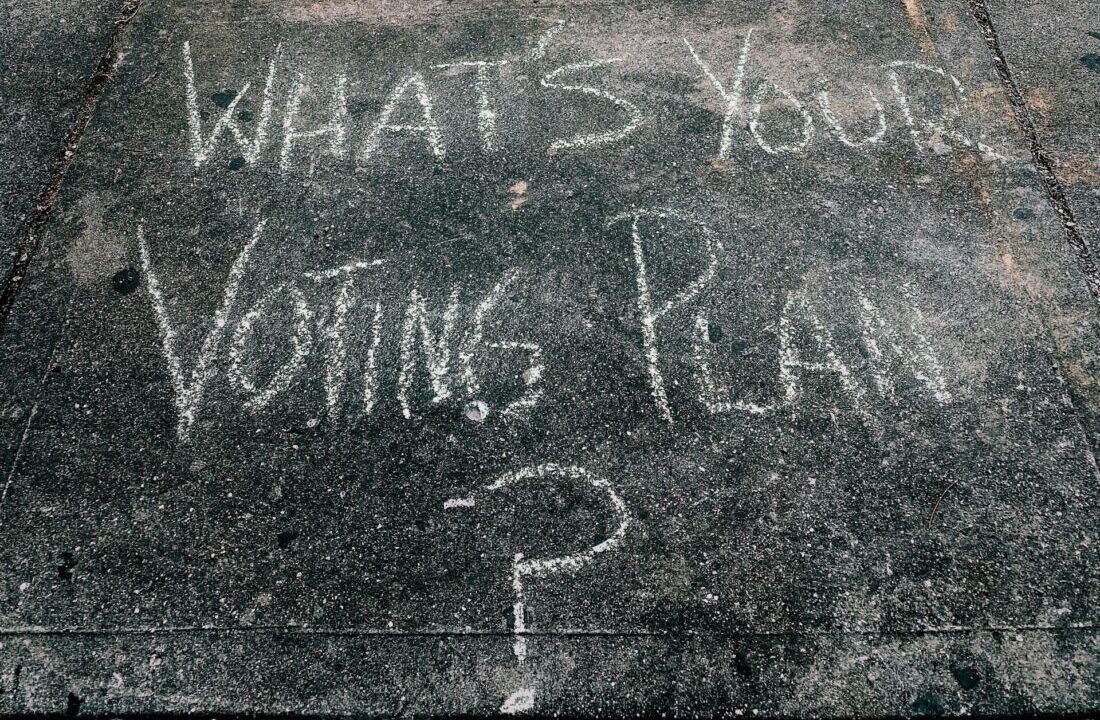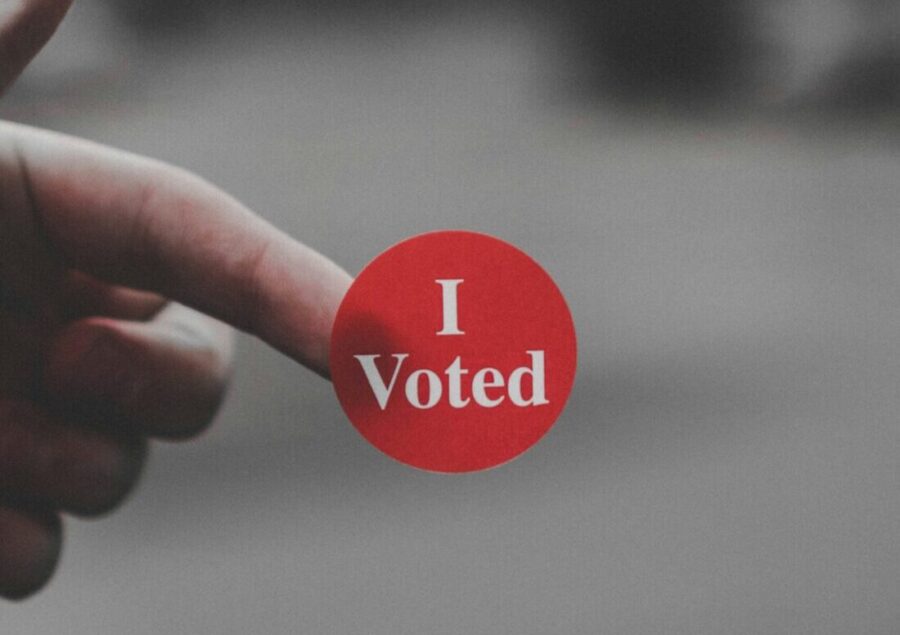
Democracy is not a spectator sport
An idea born in Ancient Greece, the word “democracy” originates from the Greek words “demos” meaning “people and “kratos” meaning “power” or “rule”. The word “democracy” literally translates to “rule by the people” or “power of the people”. Over time, the concept of democracy has come to mean government where the people hold the power to govern, either directly or through elected representatives. According to Freedom House, an organisation that monitors democracy around the world, we are seeing a growing international trend towards less democracy and more authoritarianism, with freedom declining globally for 13 consecutive years. It would appear that when we look at democracy from a historical perspective, “democracy does not die in darkness, nor does it die quickly. Rather it dies of a thousand cuts in broad daylight”.
“Democracy is not a spectator sport” was a phrase American politician, George Shultz, wore on his tie to remind people that the lifeblood of any democracy is civic engagement. That means, at the very least, exercising your right to vote. Although voting is not compulsory in New Zealand, enrolment is, and out of an estimated eligible population of 4,096,874, only 88.14% are actually enrolled. Of concern is the lower enrolment of voters of Māori descent. Māori can choose to be on the General Roll or the Māori Roll. With an estimated eligible Māori population in Whangārei District of 72,033, at 86.24%, the percentage enrolled on either the General Roll or the Māori Roll is lower than for the whole country.
When it comes to local body elections, our voting numbers are dismal. Local Government in New Zealand (LGNZ) states that “local government is all about community. Our nation brings together a diverse range of cultures, communities and voices, living, playing and working together to form Aotearoa New Zealand. At the heart of our country, is local government.” So why are our numbers so dire? In 2022, only 43.3% of eligible voters exercised their right to vote, down from 45.0% in 2019 and 44.8% in 2016. Only two Wards managed to get numbers over 50% – Whangarei Heads General with 55.9% and Mangakahia-Maungatapere General with 50.8%. My Ward, Hikurangi Coastal, managed 49.8%. What is really concerning, is the low turnout of eligible Māori voters – in particular the youth – that are enrolled on the Māori Roll and therefore able to vote in the Whangārei District Māori Ward. With 10,556 eligible voters, just 23.8% cast a vote, less than half of enrolled voters on the General Roll. Māori leaders appear to be making a concerted effort to get their people out to vote. It will be interesting to see if they turn out in respectable numbers this election cycle.
Despite efforts to encourage people to both enrol and to vote by Whangārei District Council, Elections Services and the Electoral Commission, nothing seems to be working. There are undoubtedly a multitude of reasons for the low turnout; chief among them is a general feeling of disenfranchisement between people and their communities on the one hand, and government on the other. Many feel ‘governed’, with all the power held by the ‘governing’, and often in the hands of unelected, and unaccountable, bureaucrats. They feel that they have no real say and that matters present as a “done deal”. Clearly, more needs to be done to engage people and the communities they live in, in a much more meaningful and collaborative manner. However, we ALL need to do our part and engage in the public process. At the very least, we should exercise our right to vote – a right that one should never take for granted. Previous generations found and died for our rights and freedoms that many of us are so dismissive of today.
So what can be done to reverse the decline and encourage higher rates of participation in local body elections? Better community representation is a given, with Councillors obligated to spend more time in the communities that make up their ward. Another suggestion would be for educators to return to teaching civics in class to protect the fundamental ideals of democracy and to prepare students for active civic engagement. Given youth voter turnout in local body elections is truly appalling, particularly in the 18-24 year old group, educating our student population who are our future voters, to take pride in the democratic process, would be a good start.




